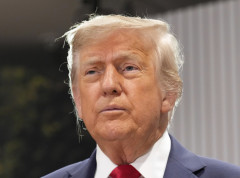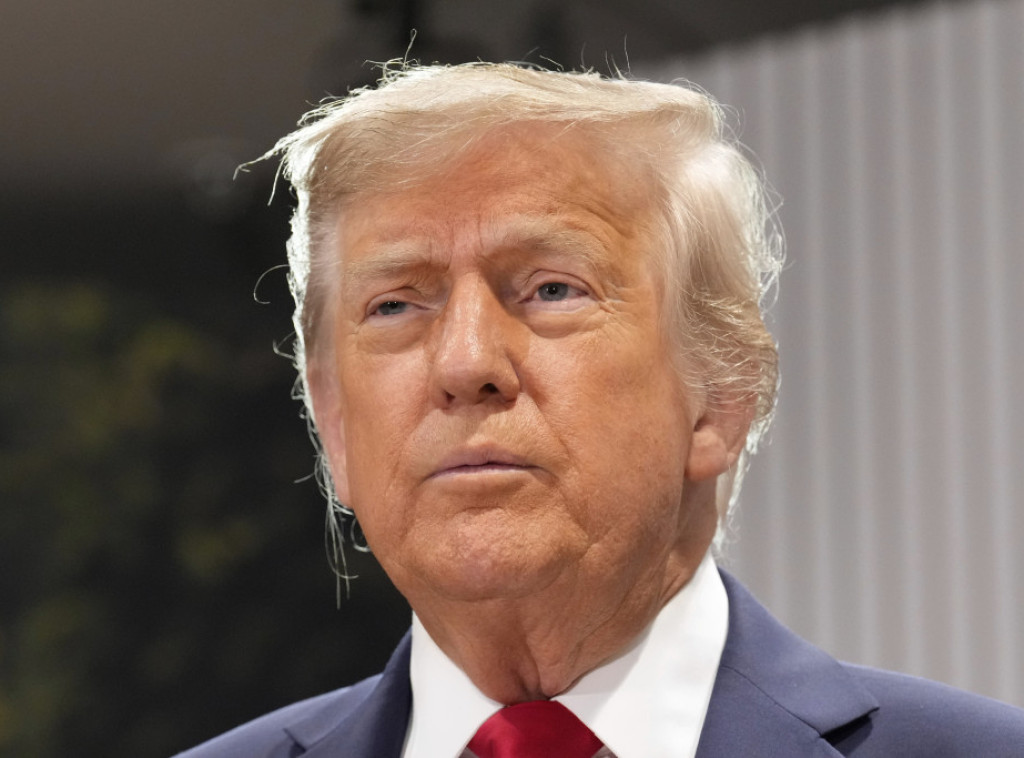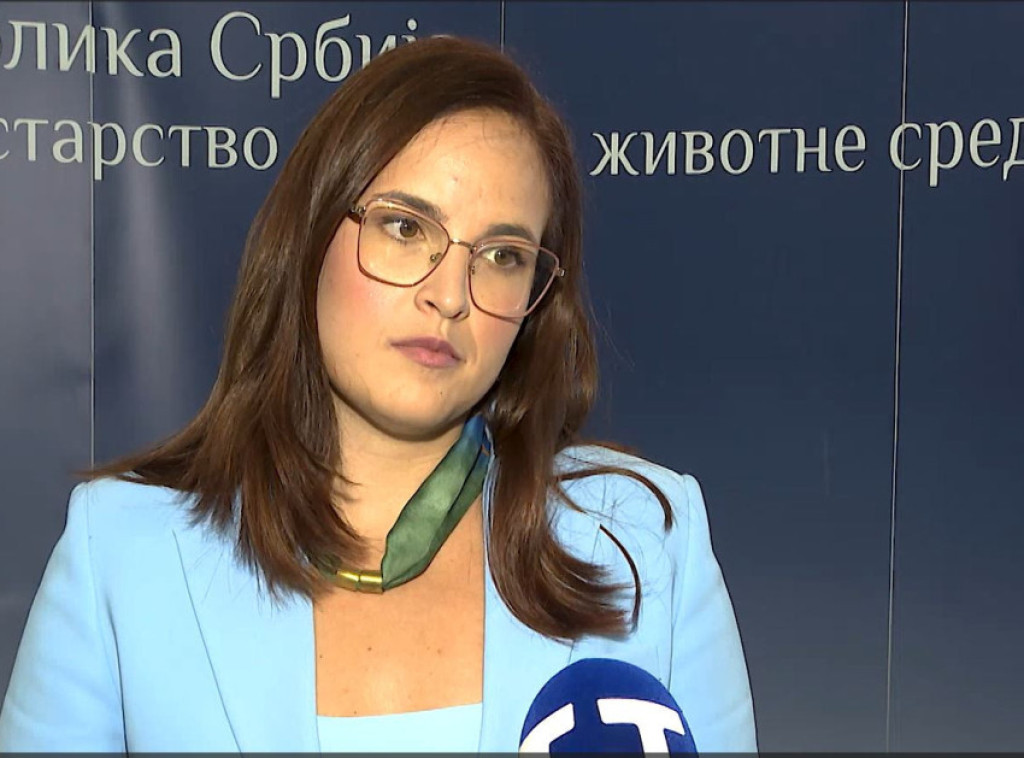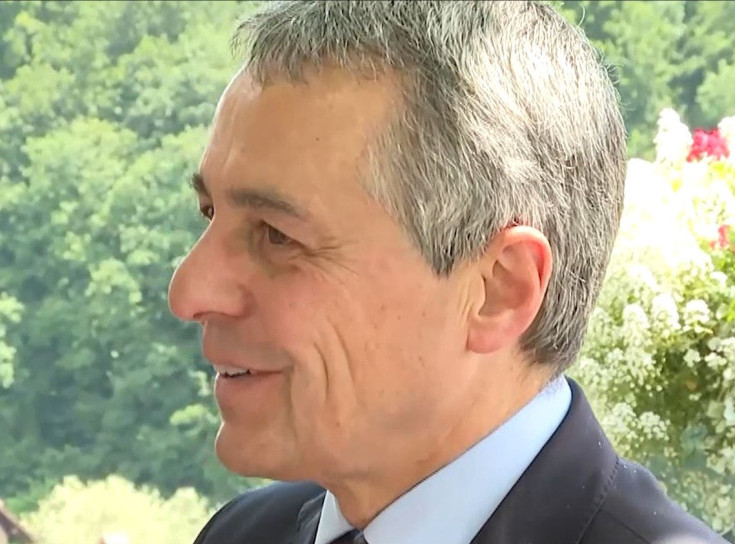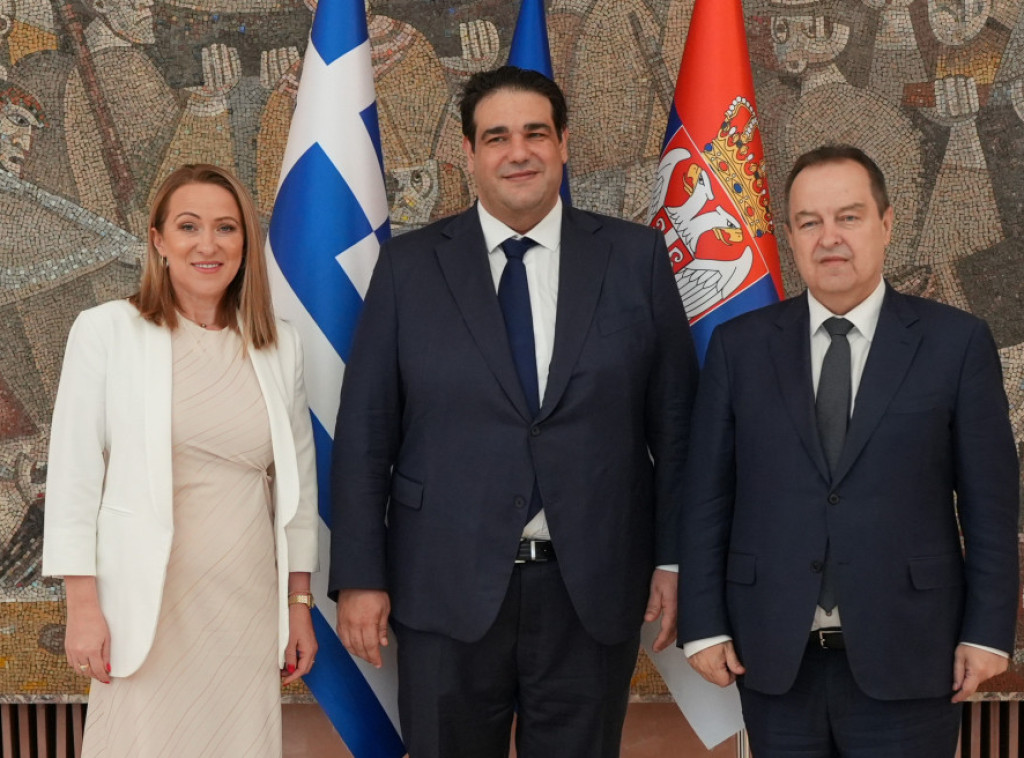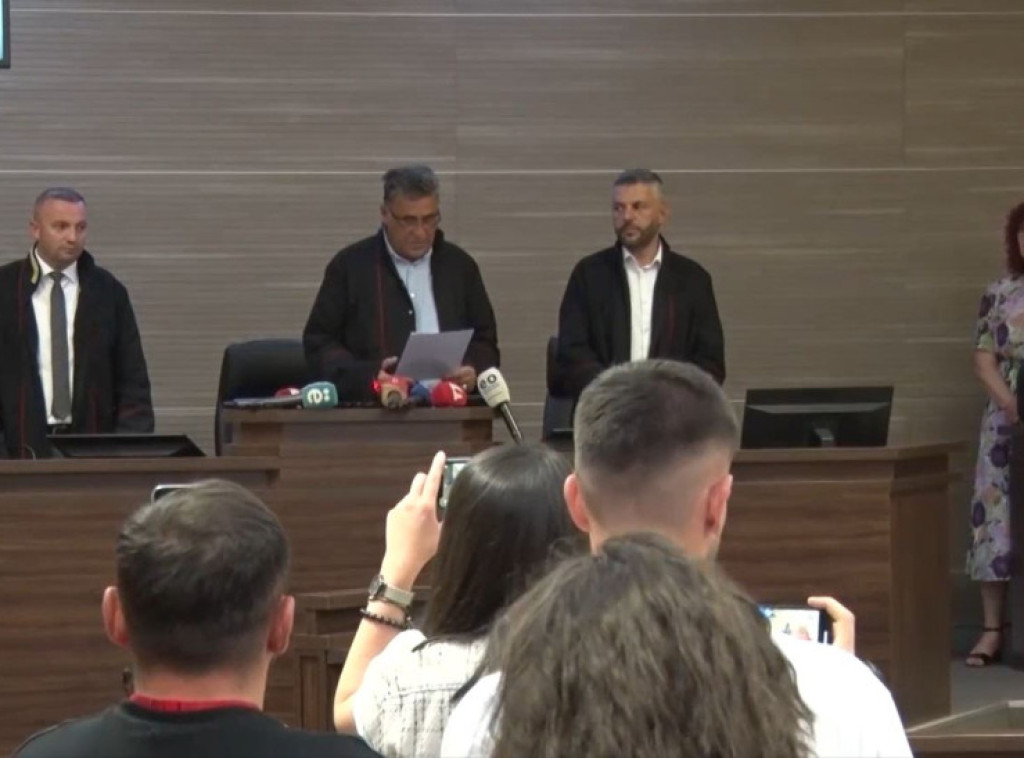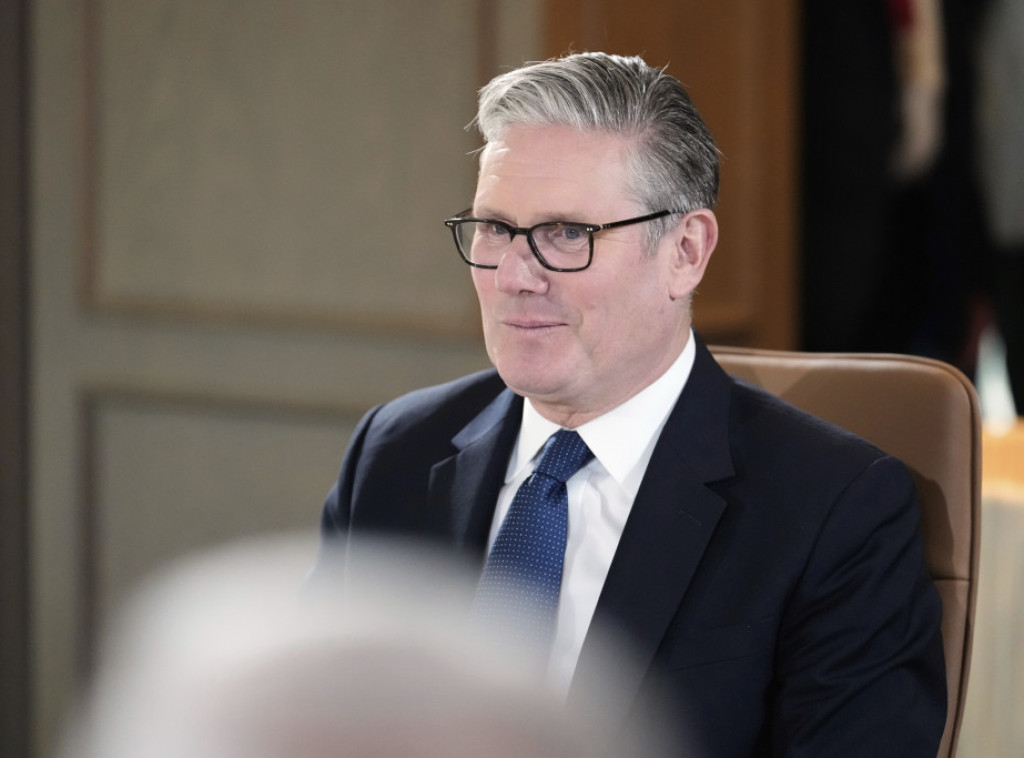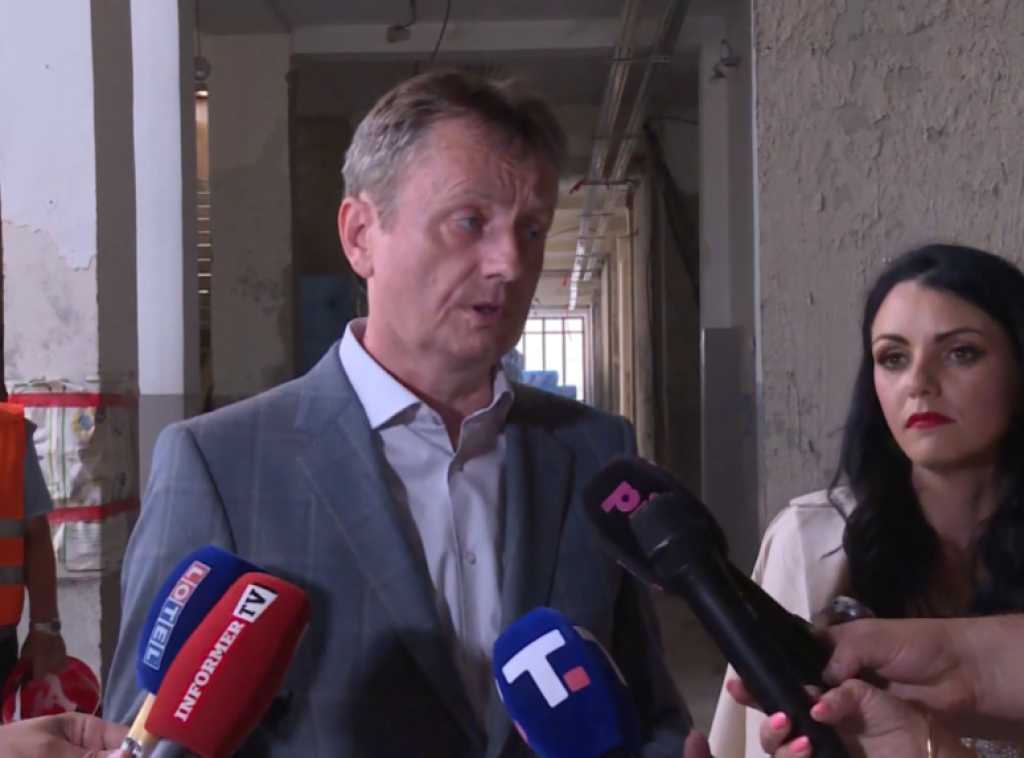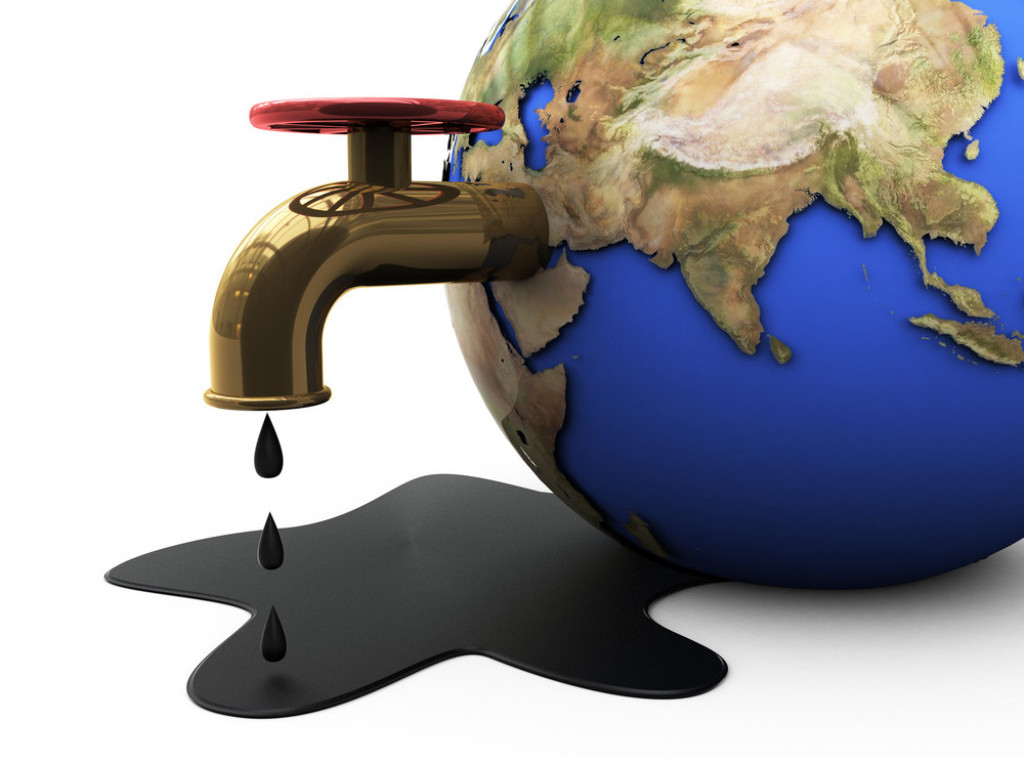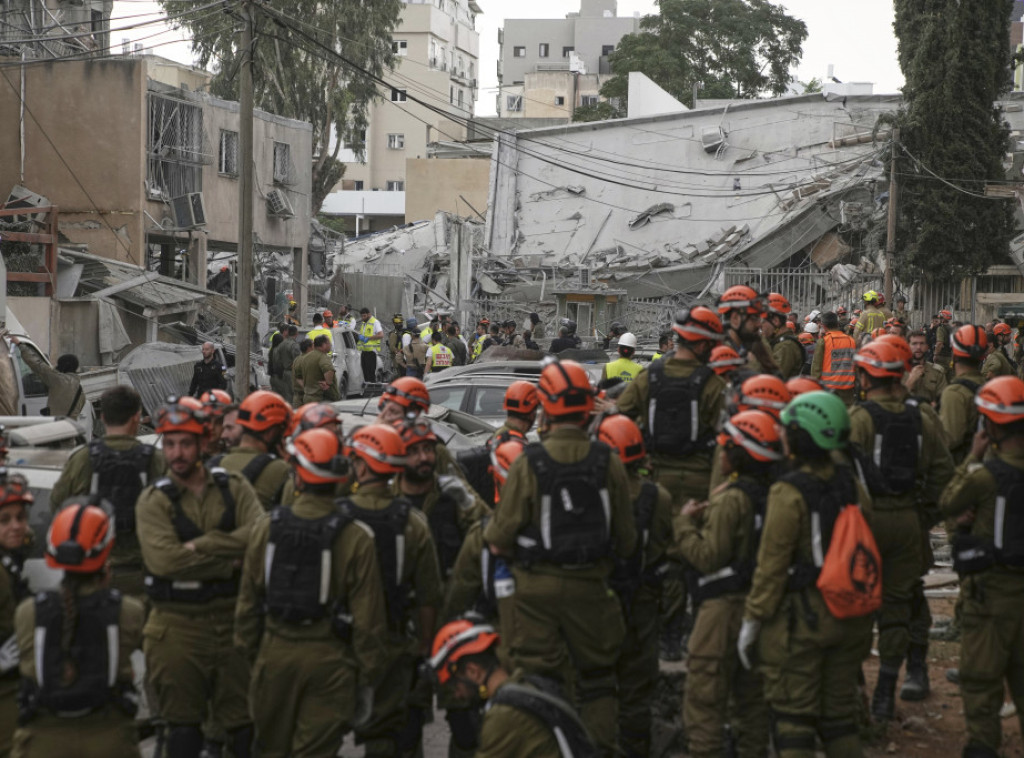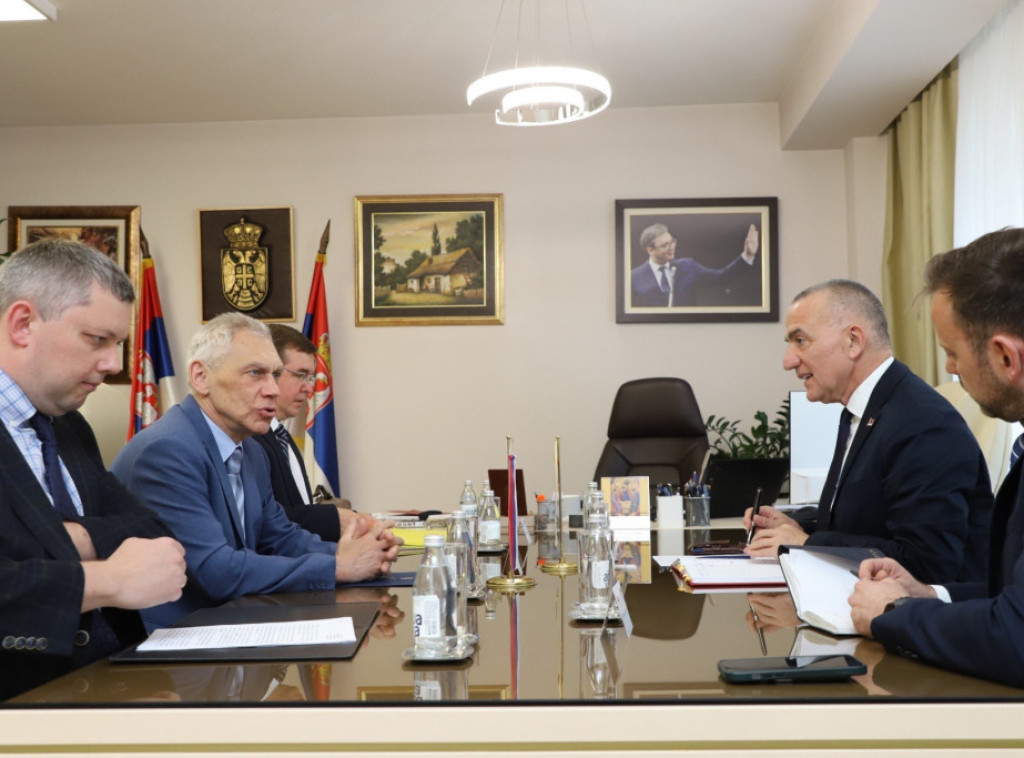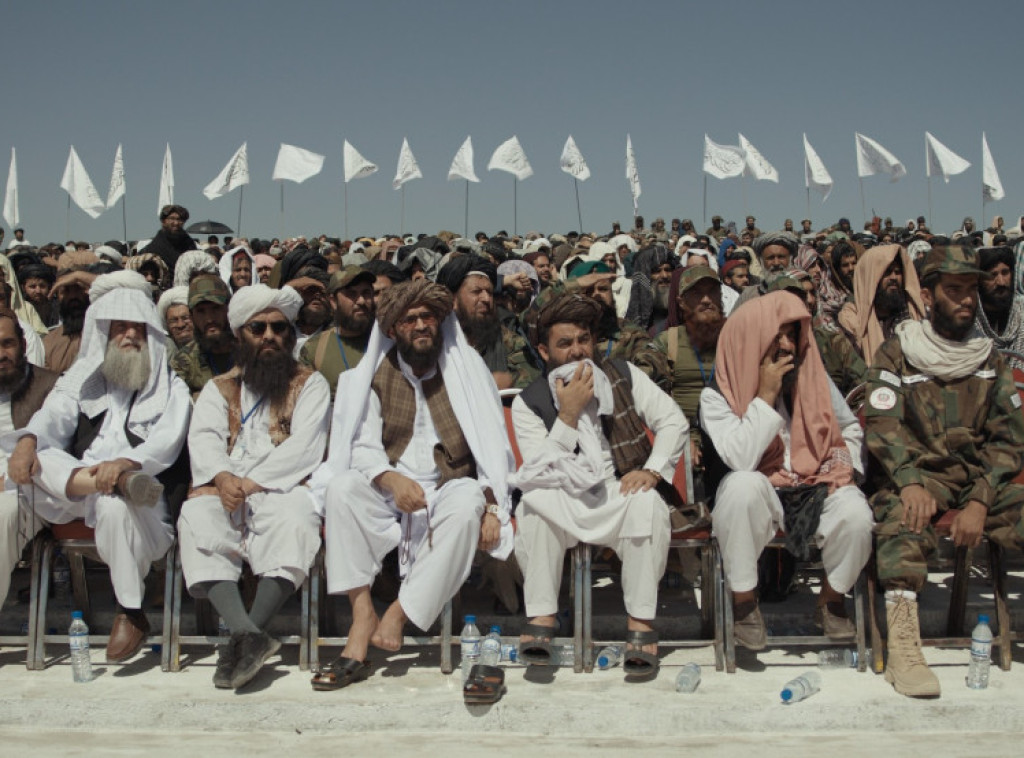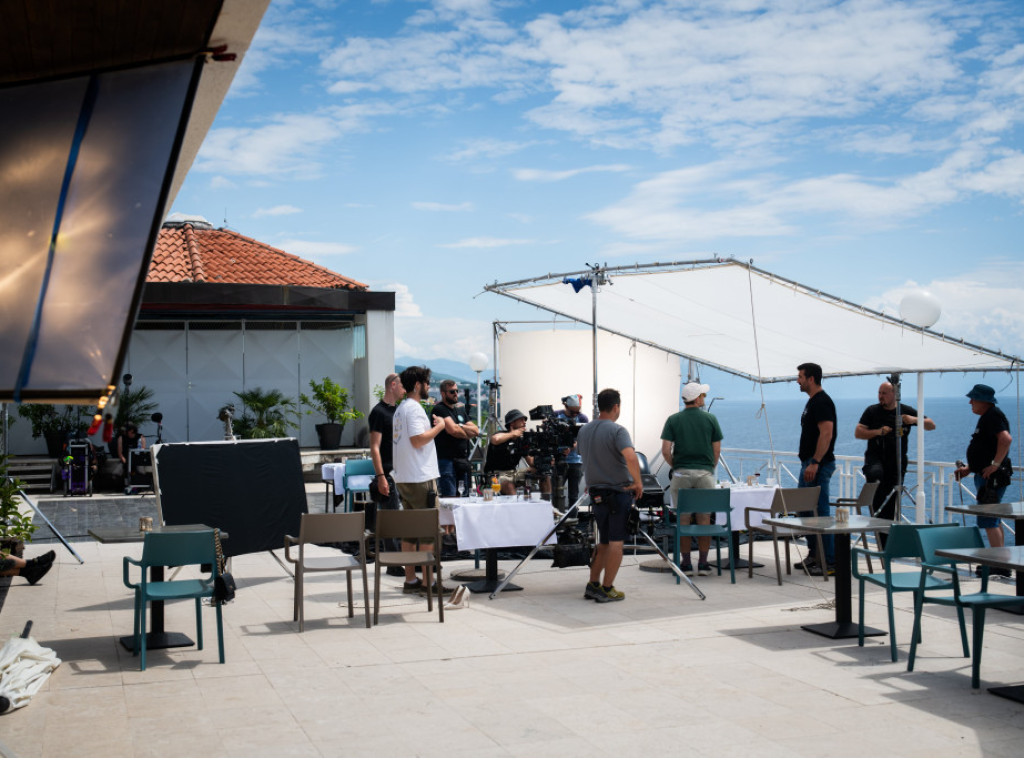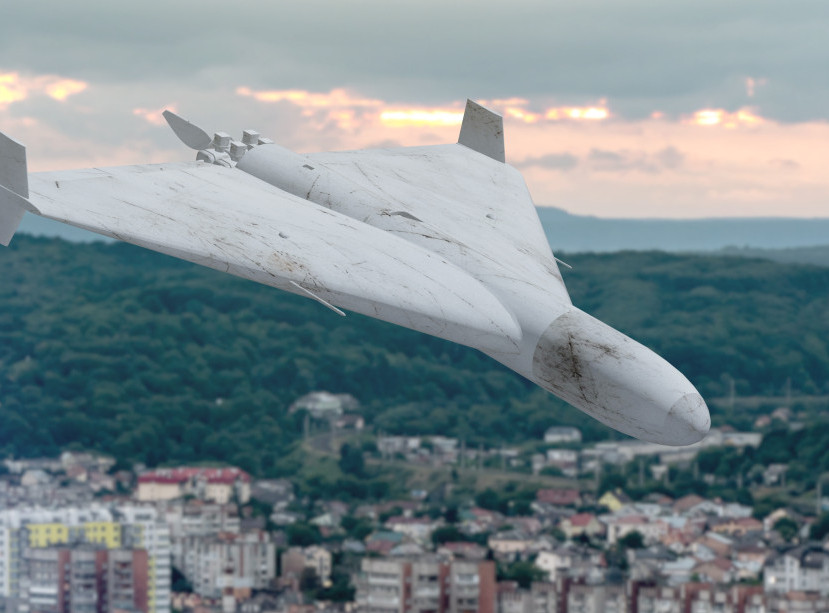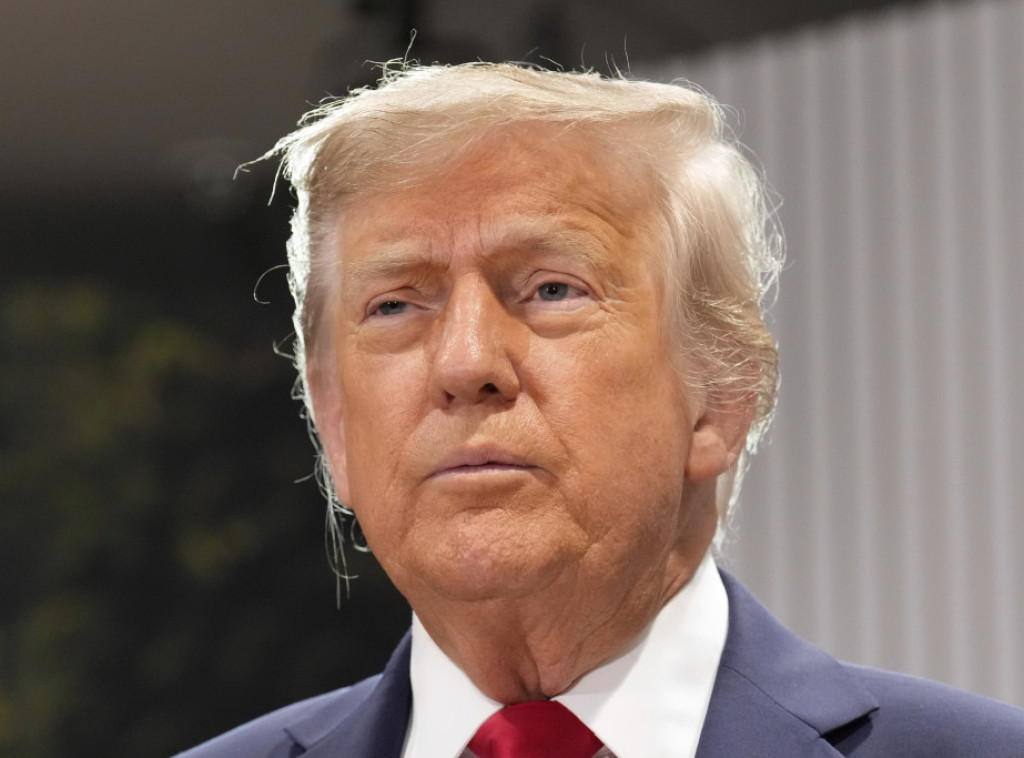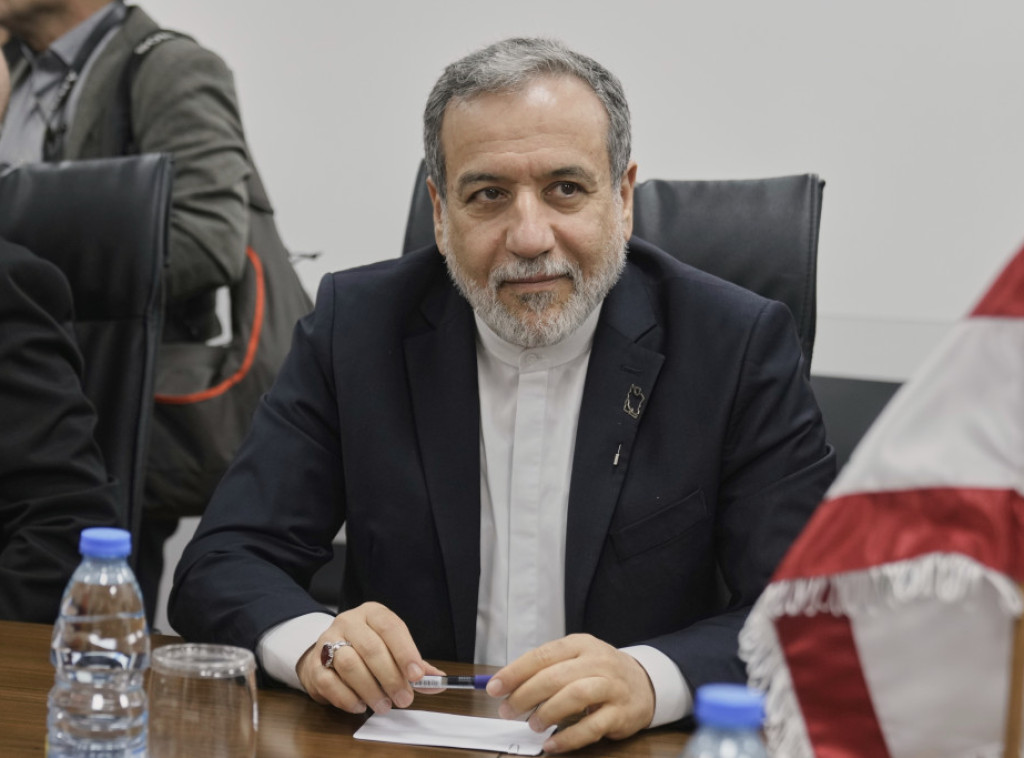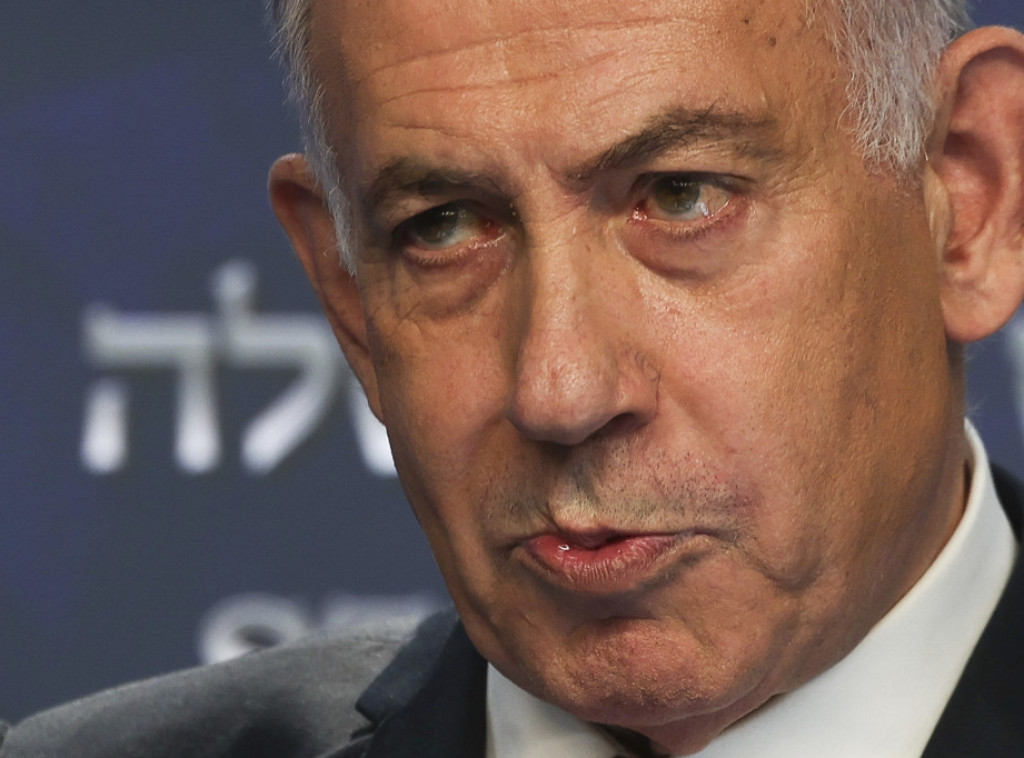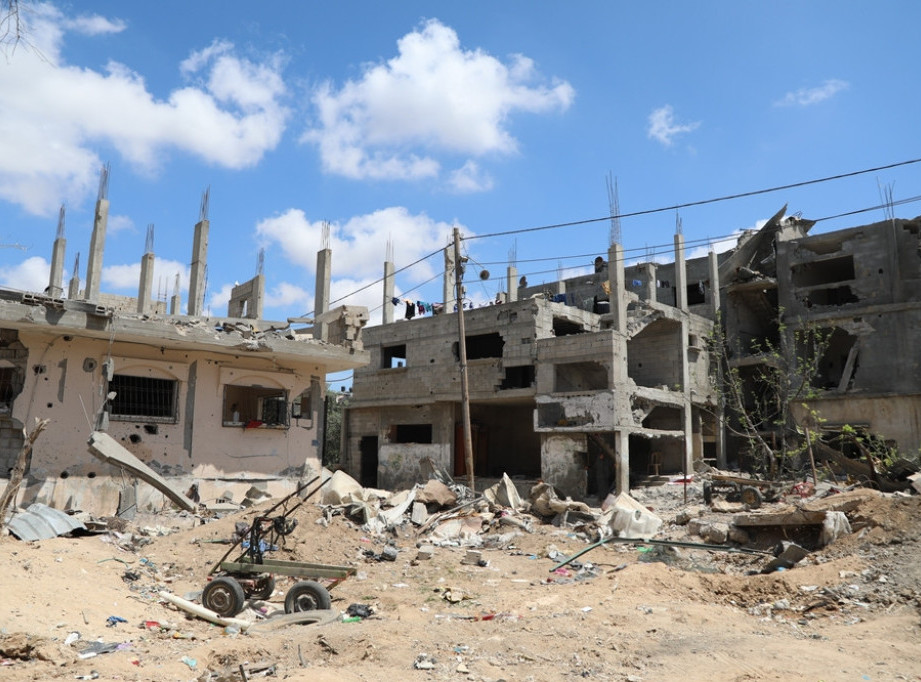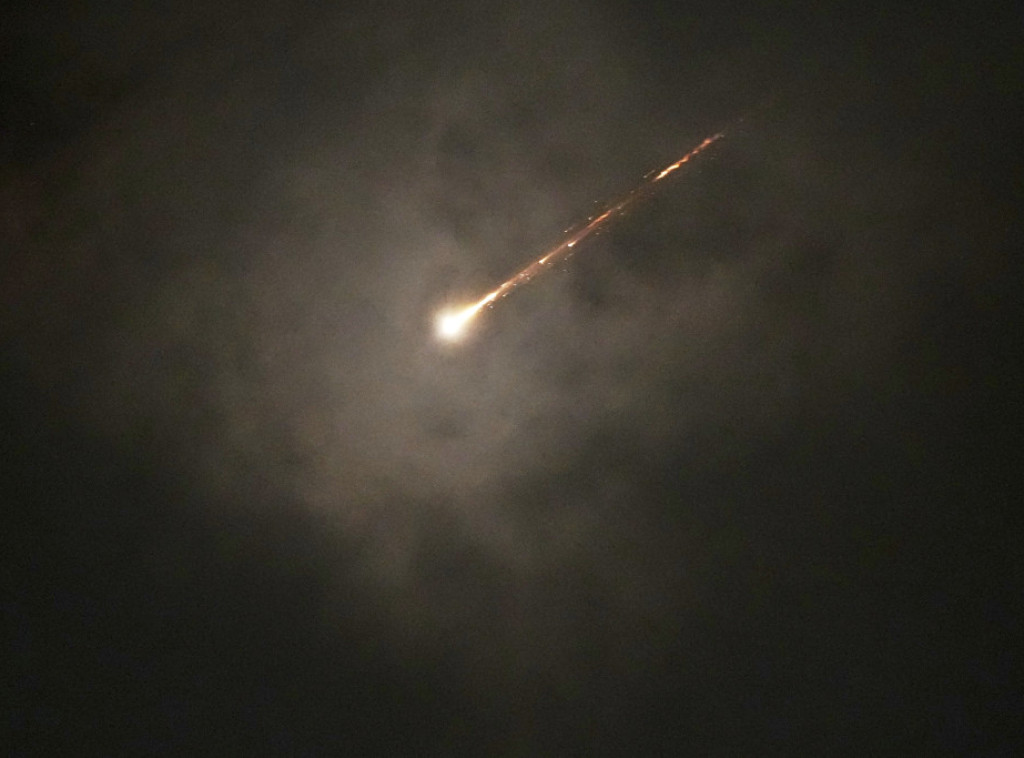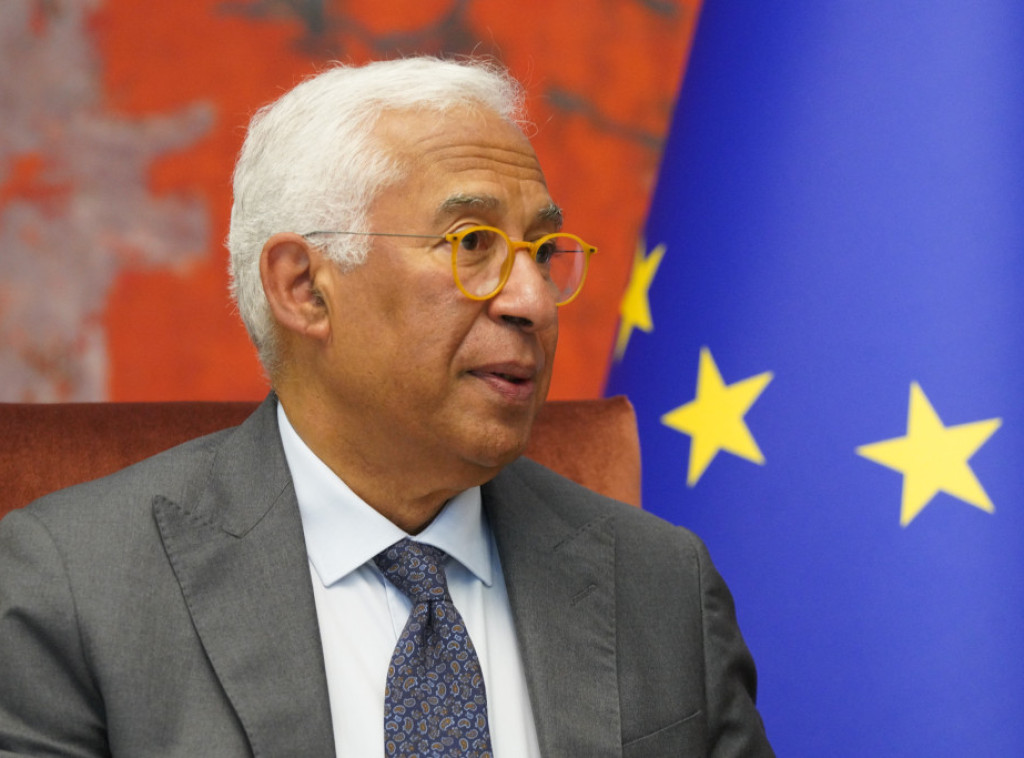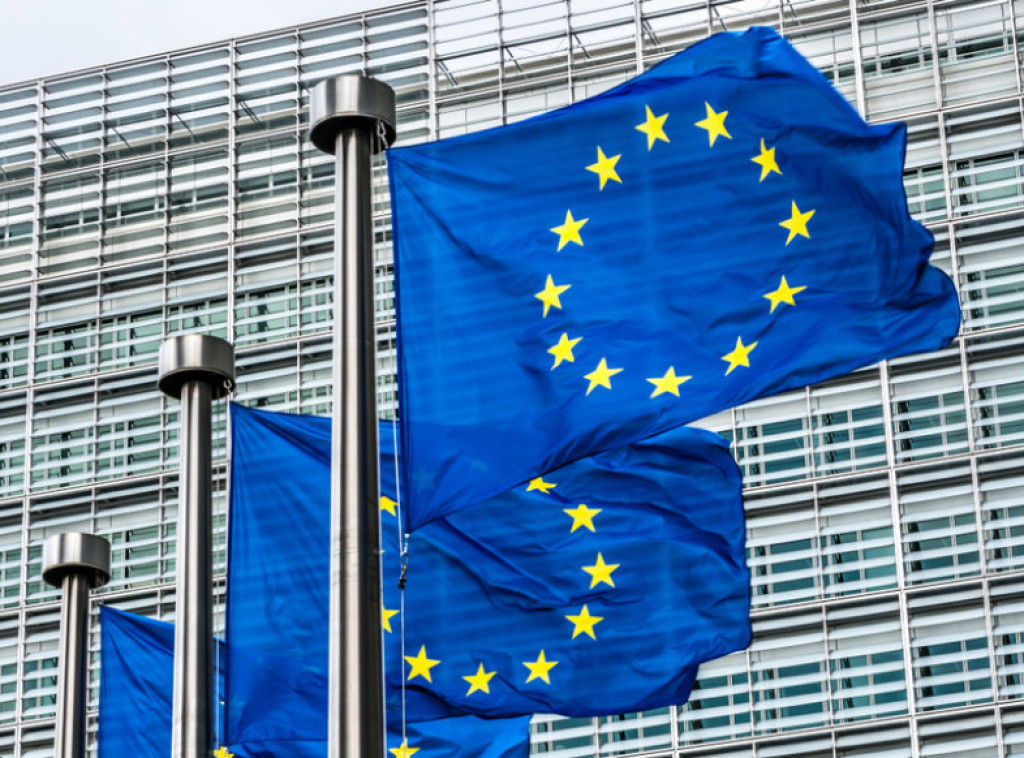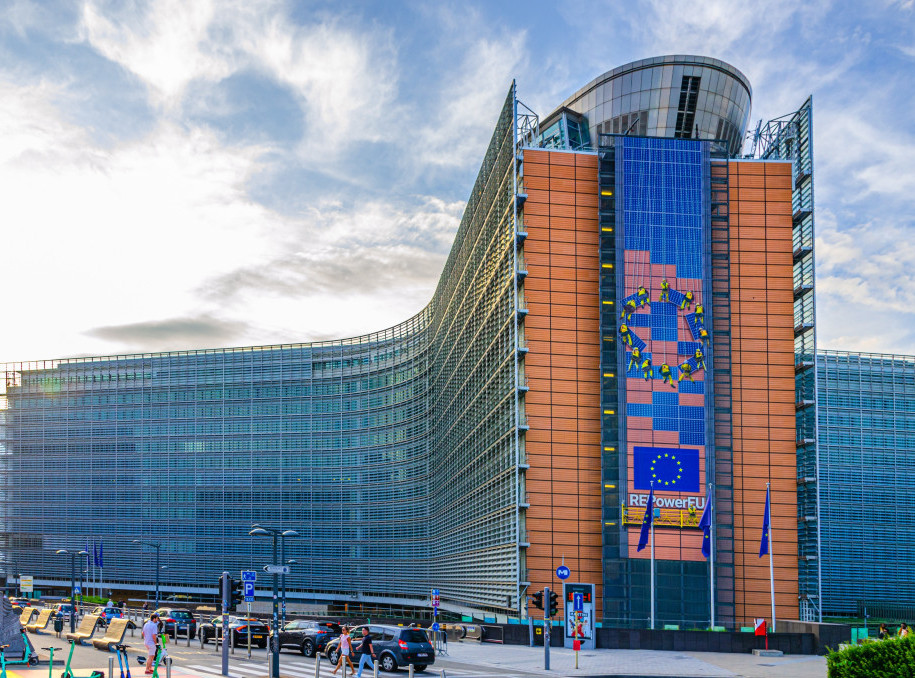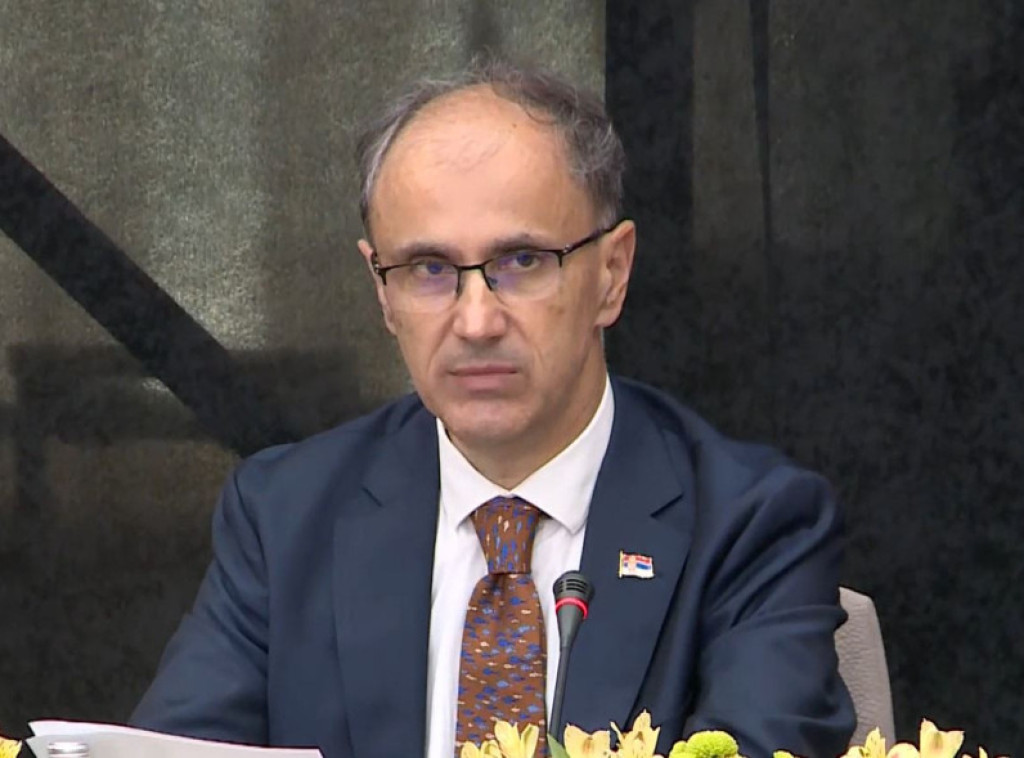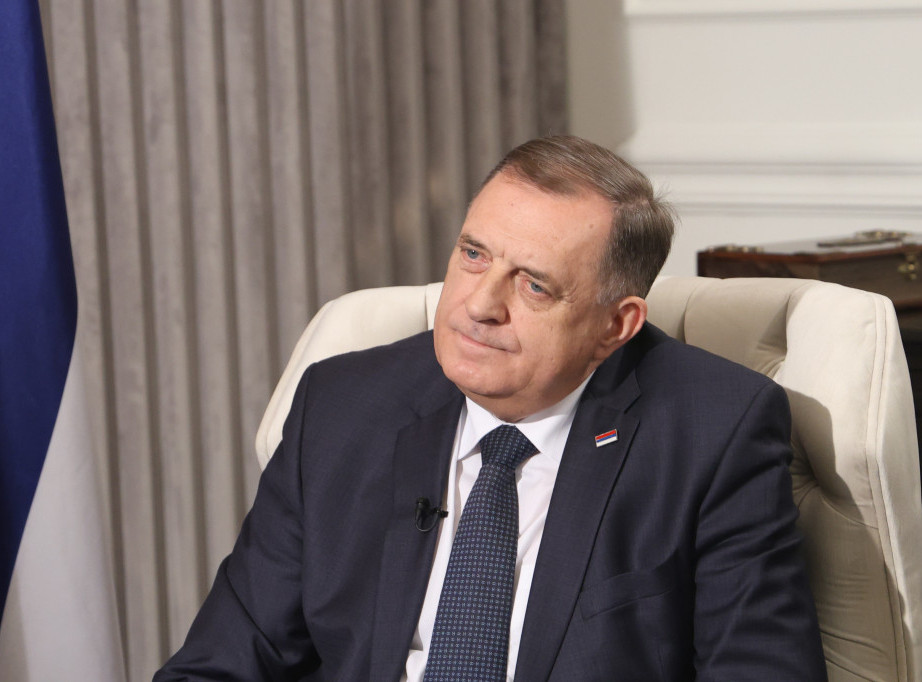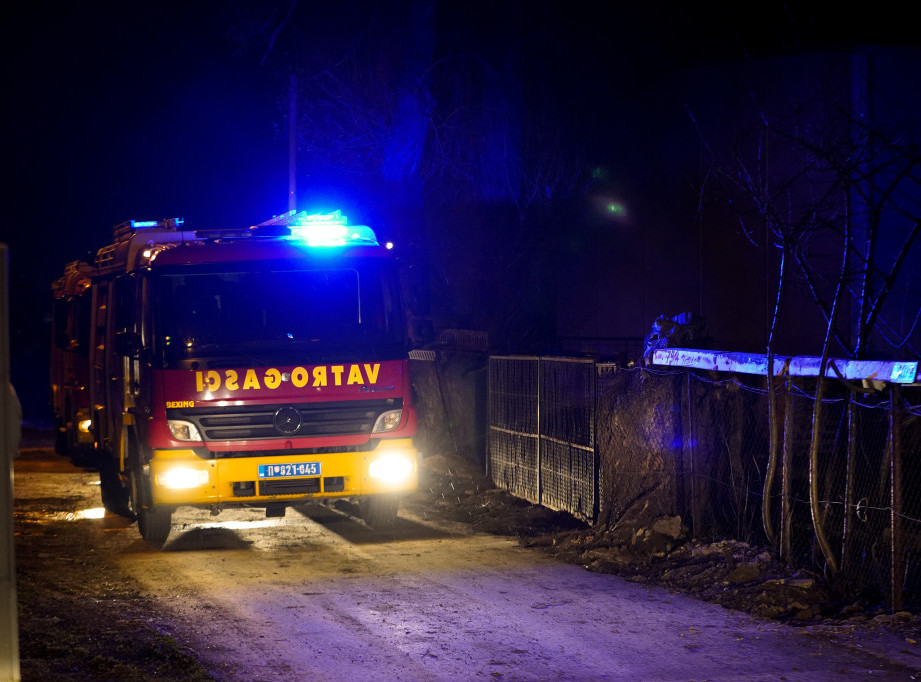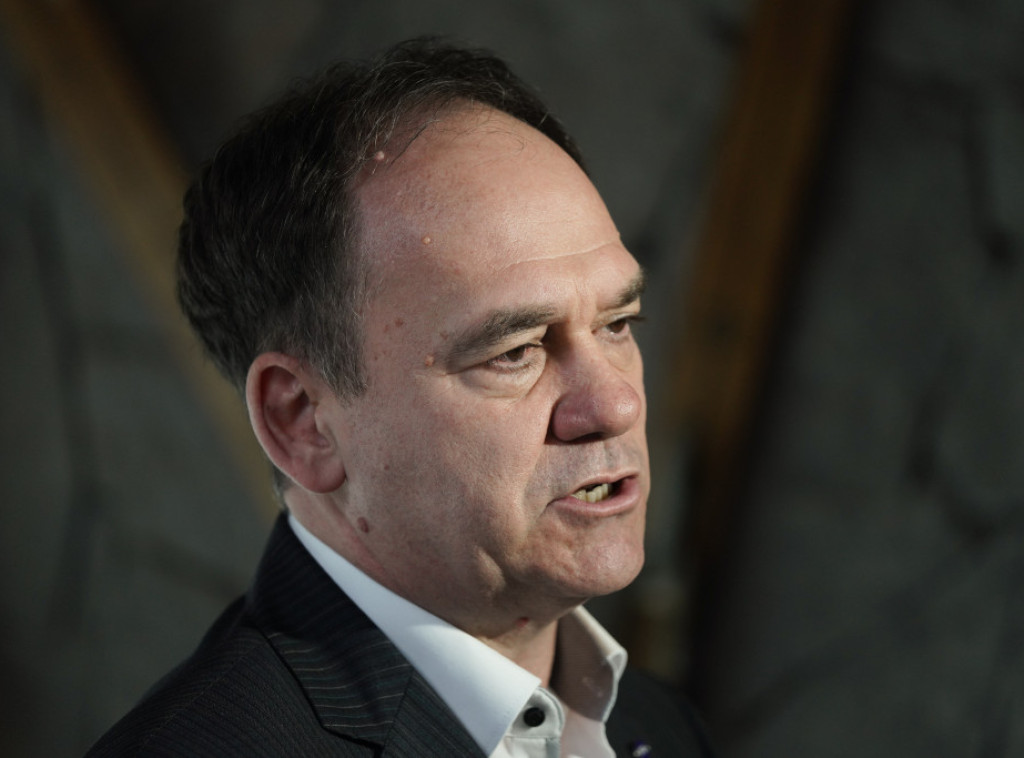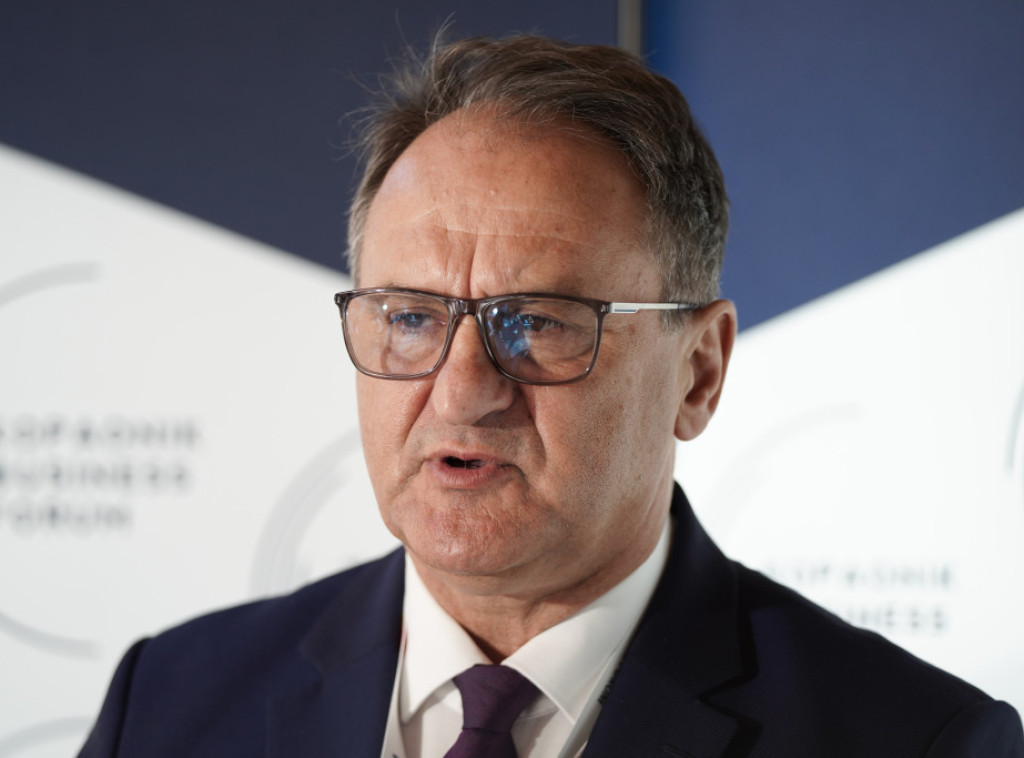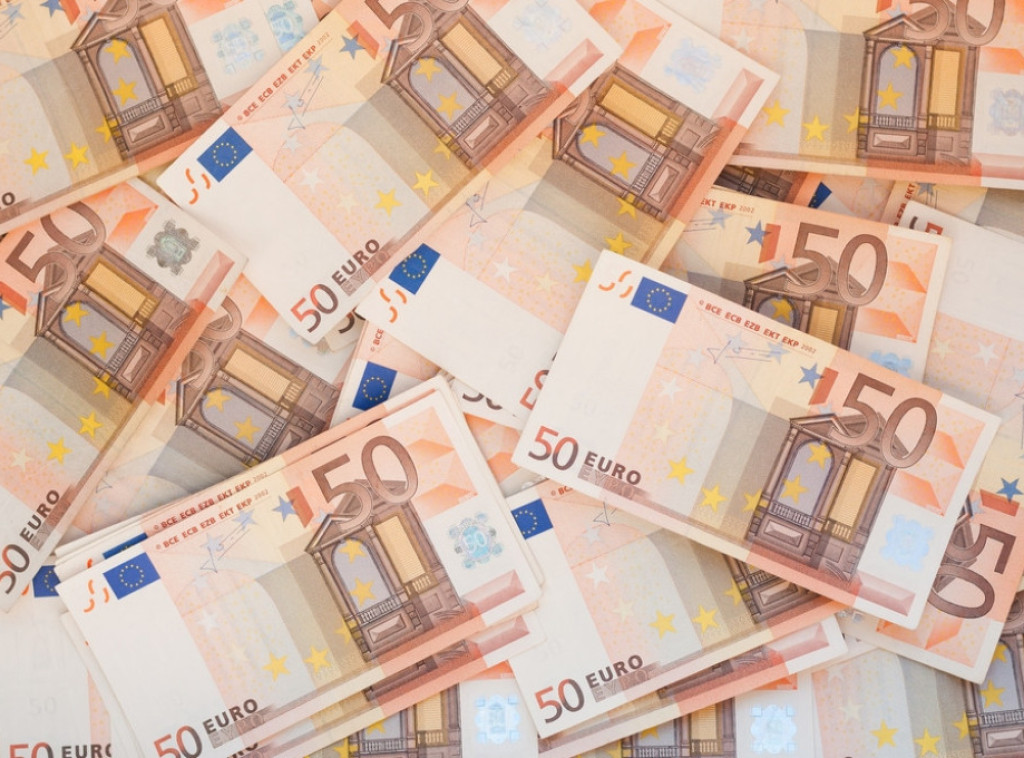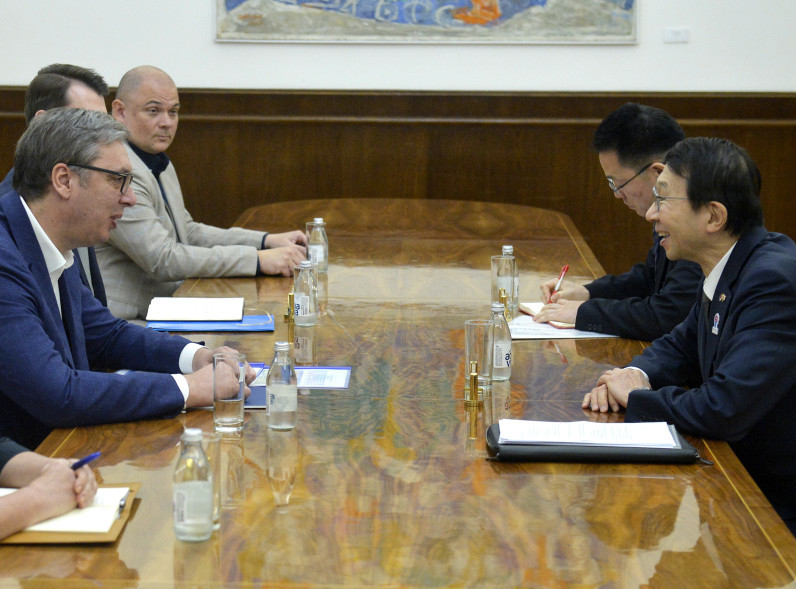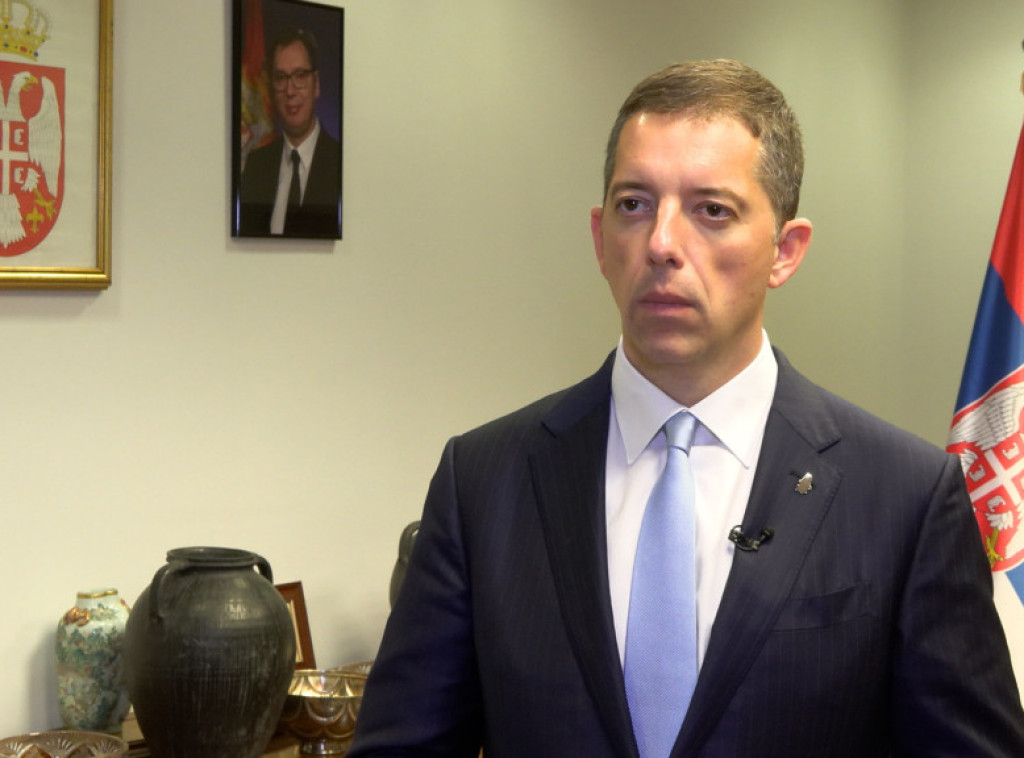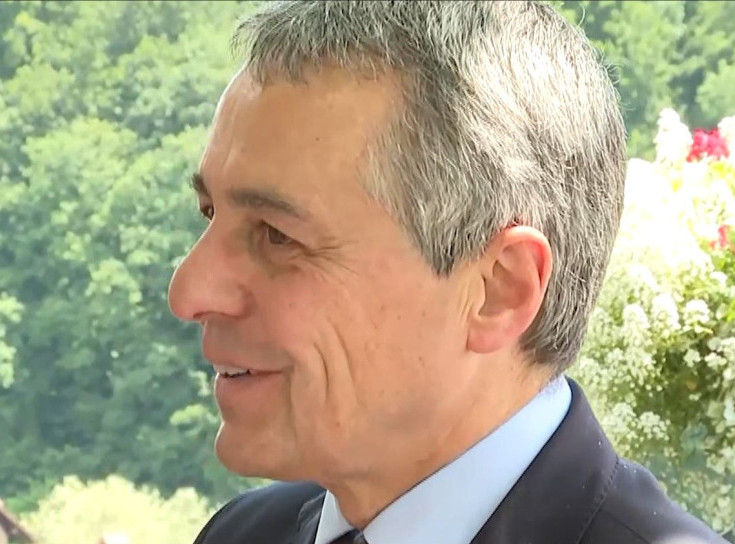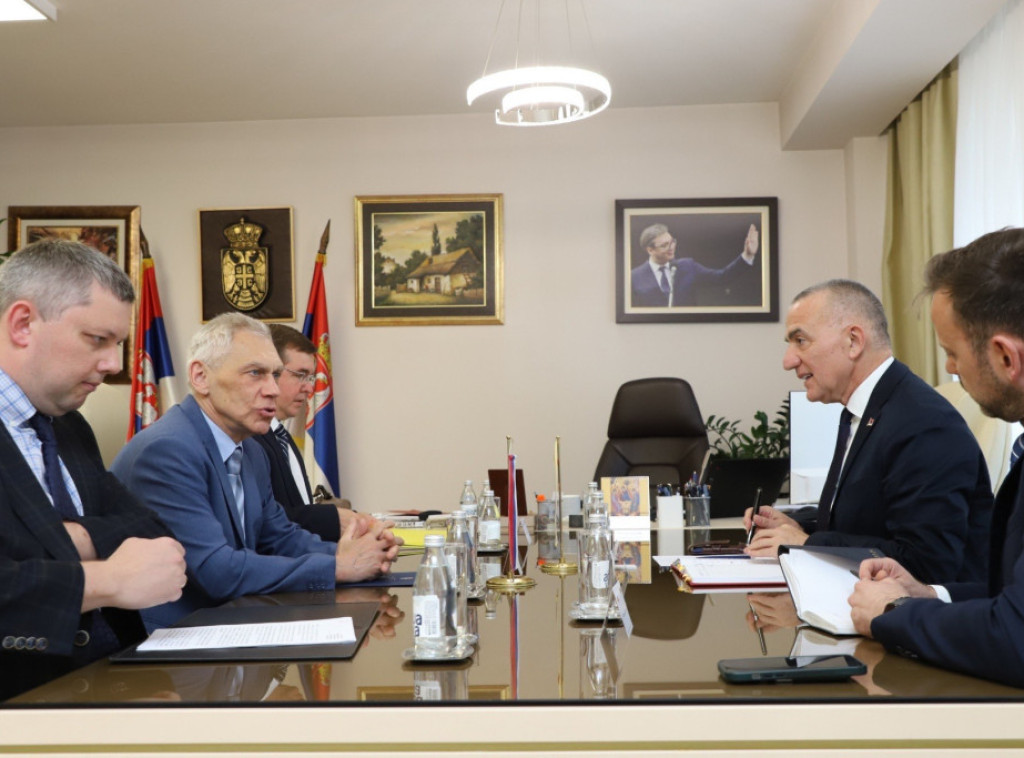Israeli Prime Minister Benjamin Netanyahu stated that Israel attacked the Iranian state television IRIB in Tehran, calling it a propaganda tool that hides the truth from the Iranian people. Netanyahu emphasized that Israel acts against regime targets and that the goal is to block the propaganda channel to allow Iranians to receive truthful information. He also stated that the assassination of Iran’s Supreme Leader Ayatollah Ali Khamenei would end, not escalate, the conflict between Israel and Iran. U.S. President Donald Trump rejected the Israeli plan to assassinate Khamenei due to concerns it would escalate the conflict. Meanwhile, the conflict between Israel and Iran is escalating, with Israeli strikes on Iranian targets and Iranian missile attacks on Israeli territory. There is no clear resolution to the conflict, and the situation remains tense with potential further military and diplomatic consequences.
Political Perspectives:
Left: Left-leaning reports tend to emphasize the dangers of escalating military conflict in the Middle East, highlighting the risks of civilian casualties and the potential for a prolonged war. They often criticize aggressive military actions and call for diplomatic solutions and de-escalation. The narrative may also focus on the humanitarian impact and question the motives behind military strikes.
Center: Center-leaning reports present a balanced view, acknowledging Israel’s security concerns regarding Iran’s nuclear ambitions and propaganda efforts, while also recognizing the risks of escalation. They report statements from both Israeli and Iranian officials and include perspectives on diplomatic efforts and international reactions, emphasizing the complexity of the conflict and the need for cautious approaches.
Right: Right-leaning reports emphasize Israel’s right to defend itself against Iranian aggression and nuclear threats. They often highlight the legitimacy of Israeli military actions against Iranian targets, portraying Iran as a destabilizing force in the region. The narrative supports strong measures to prevent Iran from acquiring nuclear weapons and may downplay the risks of escalation, focusing instead on security and defense.






